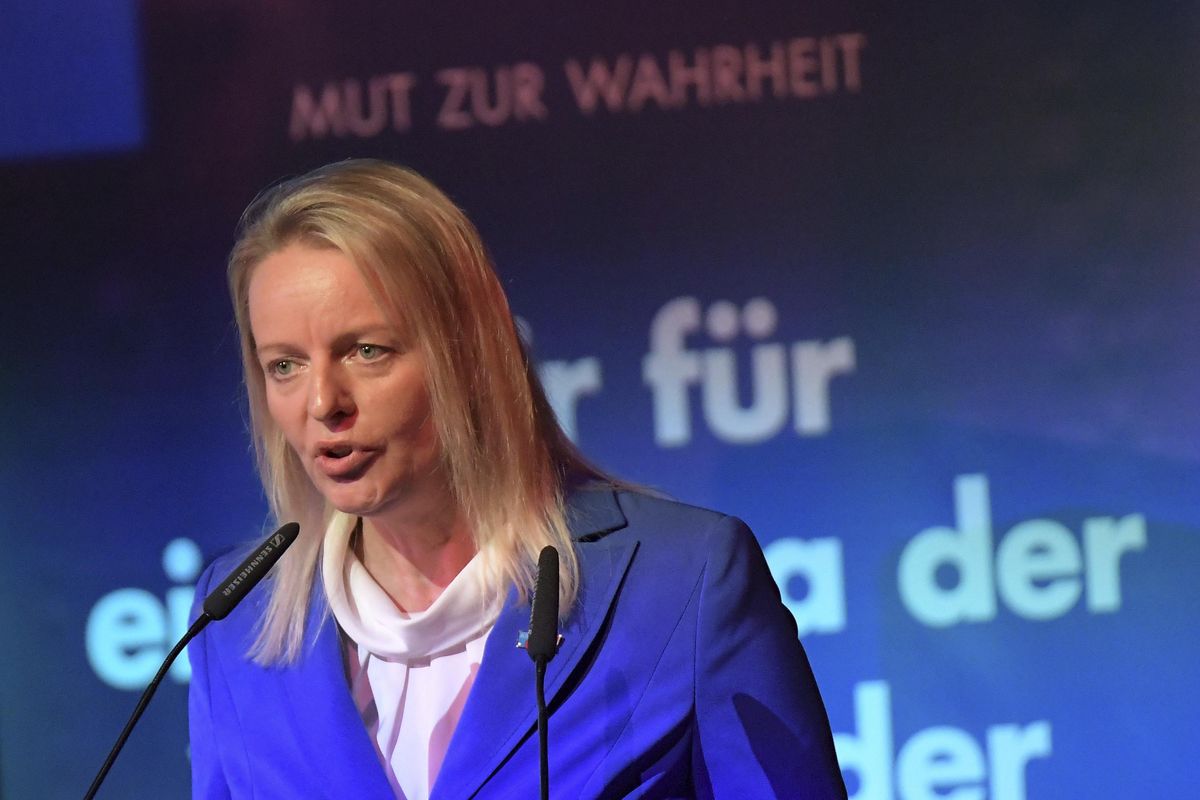Anti-migrant German party weakened on eve of key state vote

BERLIN – Three weeks after sweeping into Germany’s national parliament for the first time, an anti-immigration party is poised for a weaker result in a state election scheduled for Sunday.
Alternative for Germany received almost 13 percent of the vote in the Sept. 24 federal election, making it the third-strongest party in the Bundestag.
A number of members have since left the party, including figurehead Frauke Petry and lawmakers in several state parliaments, with many citing AfD’s right-ward drift as their reason for withdrawing.
A poll released this week by public broadcaster ZDF predicted Alternative for Germany will take about 7 percent of the vote in the northern state of Lower Saxony on Sunday. It needs 5 percent to get into the state parliament.
AfD has traditionally done better in Germany’s formerly communist east. Last year, it won over 20 percent in Lower Saxony’s neighboring states of Mecklenburg-Western Pomerania and Saxony-Anhalt.
About 6.1 million residents are eligible to vote in Sunday’s state election. Chancellor Angela Merkel’s Christian Democrats hope to oust the Social Democrats of current Lower Saxony governor Stephan Weil.
The ZDF poll of 1,001 voters showed Weil’s party with 34.5 percent support, just ahead of 33 percent for the center-right Christian Democrats. A coalition of both parties is one possible election outcome.
So is a three-way governing deal between the winning party and two smaller parties: the environmentalist Greens and the free-market FDP. Both were forecast to get 9 percent in the ZDF poll, which had a margin of error of 2.5 percent.
The pending election in Lower Saxony has held up coalition talks at the national level. Parties were unwilling to begin partnership negotiations during an ongoing campaign.
The vote in Lower Saxony, one of Germany’s biggest states, became necessary when Weil’s government lost its one-seat parliamentary majority because a Green lawmaker defected to Merkel’s conservatives in July.
Lower Saxony has a large agriculture industry, but its biggest single private employer is automaker Volkswagen. The state government has a 20 percent stake in VW and the governor has a seat on the company board.
Volkswagen has been hurt in recent years by a scandal over manipulated emission tests for diesel cars. Weil’s center-right challenger, Bernd Althusmann, has criticized the governor for allowing VW to vet a speech he made on the scandal.